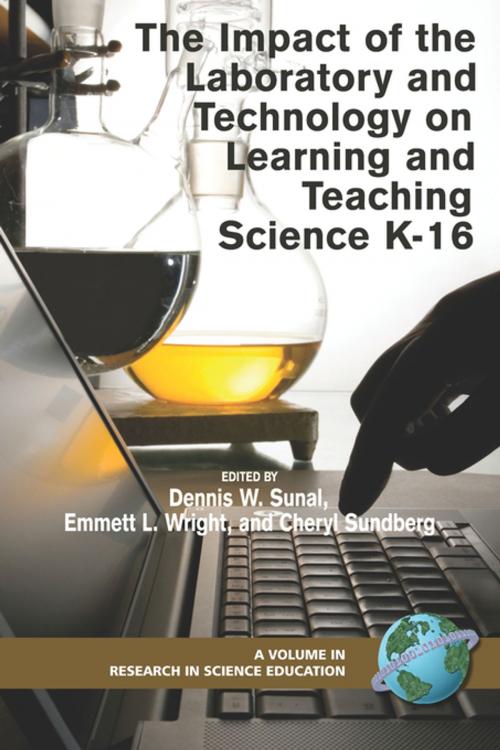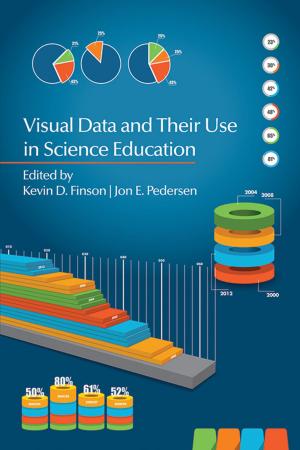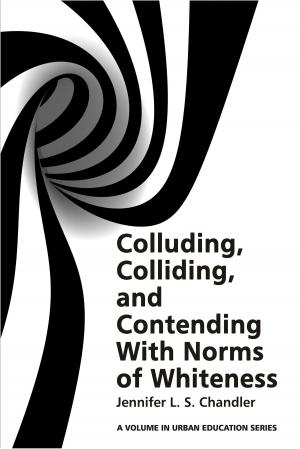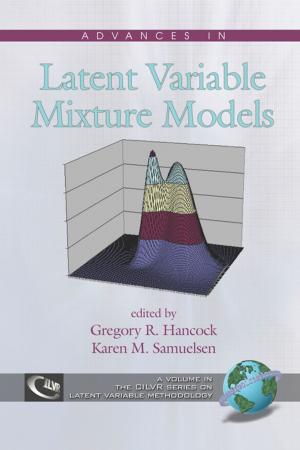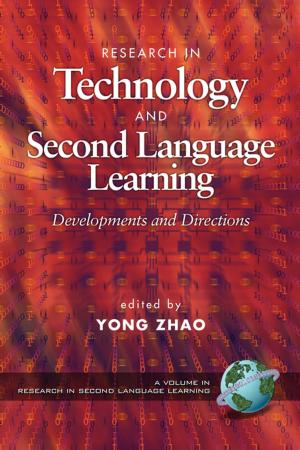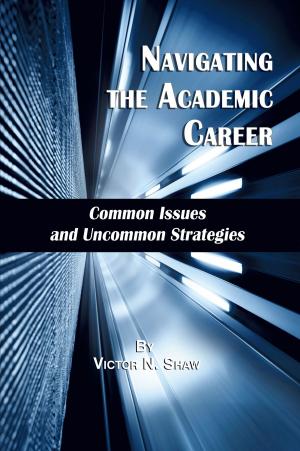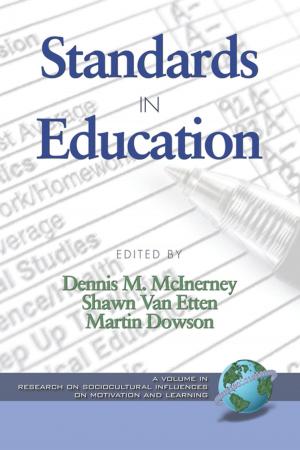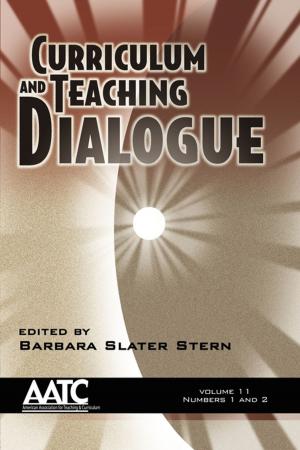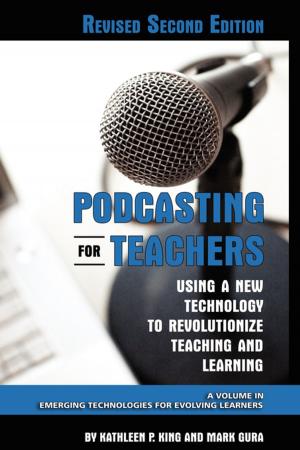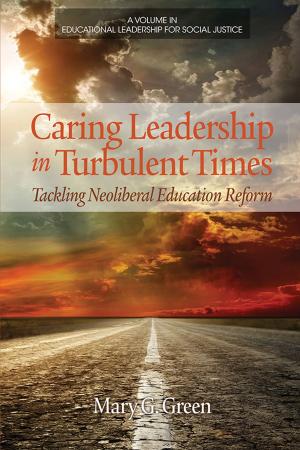The Impact of the Laboratory and Technology on Learning and Teaching Science K16
Nonfiction, Science & Nature, Science, Other Sciences, Study & Teaching, Reference & Language, Education & Teaching, Higher Education| Author: | ISBN: | 9781607526452 | |
| Publisher: | Information Age Publishing | Publication: | February 1, 2008 |
| Imprint: | Information Age Publishing | Language: | English |
| Author: | |
| ISBN: | 9781607526452 |
| Publisher: | Information Age Publishing |
| Publication: | February 1, 2008 |
| Imprint: | Information Age Publishing |
| Language: | English |
The Impact of the Laboratory and Technology on K12 Science Learning and Teaching examines the development, use, and influence of active laboratory experiences and the integration of technology in science teaching. This examination involves the viewpoints of policymakers, researchers, and teachers that are expressed through research involving original documents, interviews, analysis and synthesis of the literature, case studies, narrative studies, observations of teachers and students, and assessment of student learning outcomes. Volume 3 of the series, Research in Science Education, addresses the needs of various constituencies including teachers, administrators, higher education science and science education faculty, policymakers, governmental and professional agencies, and the business community. The guiding theme of this volume is the role of practical laboratory work and the use of technology in science learning and teaching, K16. The volume investigates issues and concerns related to this theme through various perspectives addressing design, research, professional practice, and evaluation. Beginning with definitions, the historical evolution and policy guiding these learning experiences are explored from several viewpoints. Effective design and implementation of laboratory work and technology experiences is examined for elementary and high school classrooms as well as for undergraduate science laboratories, informal settings, and science education courses and programs. In general, recent research provides evidence that students do benefit from inquirybased laboratory and technology experiences that are integrated with classroom science curricula. The impact and status of laboratory and technology experiences is addressed by exploring specific strategies in a variety of scientific fields and courses. The chapters outline and describe in detail researchbased best practices for a variety of settings.
The Impact of the Laboratory and Technology on K12 Science Learning and Teaching examines the development, use, and influence of active laboratory experiences and the integration of technology in science teaching. This examination involves the viewpoints of policymakers, researchers, and teachers that are expressed through research involving original documents, interviews, analysis and synthesis of the literature, case studies, narrative studies, observations of teachers and students, and assessment of student learning outcomes. Volume 3 of the series, Research in Science Education, addresses the needs of various constituencies including teachers, administrators, higher education science and science education faculty, policymakers, governmental and professional agencies, and the business community. The guiding theme of this volume is the role of practical laboratory work and the use of technology in science learning and teaching, K16. The volume investigates issues and concerns related to this theme through various perspectives addressing design, research, professional practice, and evaluation. Beginning with definitions, the historical evolution and policy guiding these learning experiences are explored from several viewpoints. Effective design and implementation of laboratory work and technology experiences is examined for elementary and high school classrooms as well as for undergraduate science laboratories, informal settings, and science education courses and programs. In general, recent research provides evidence that students do benefit from inquirybased laboratory and technology experiences that are integrated with classroom science curricula. The impact and status of laboratory and technology experiences is addressed by exploring specific strategies in a variety of scientific fields and courses. The chapters outline and describe in detail researchbased best practices for a variety of settings.
